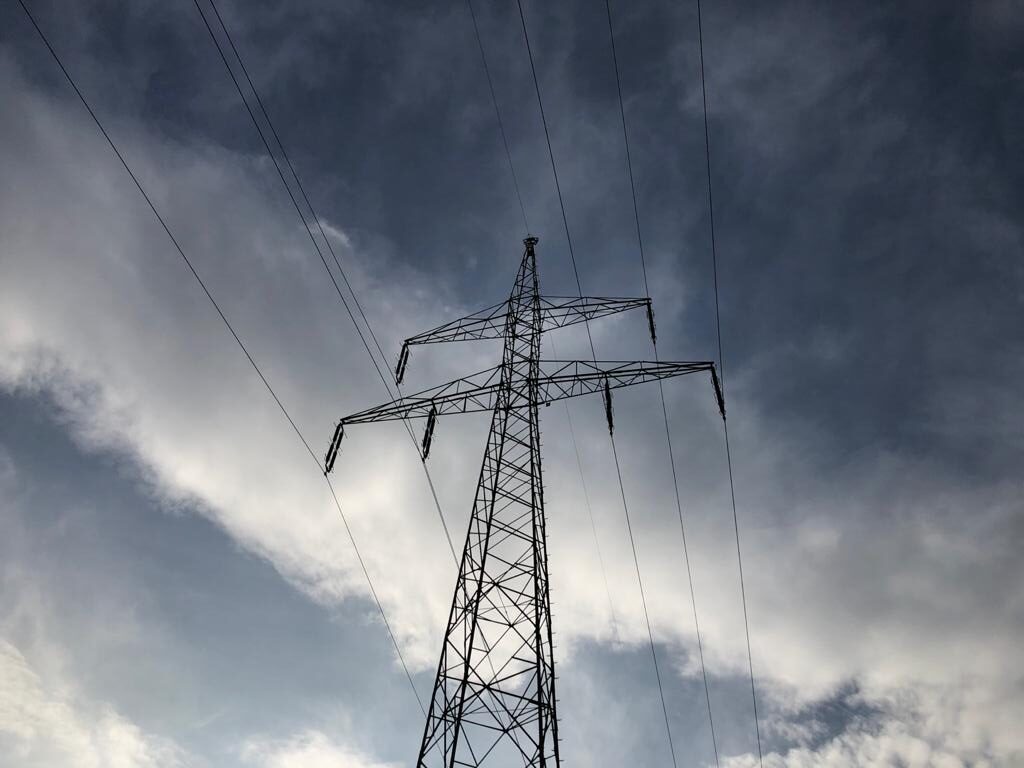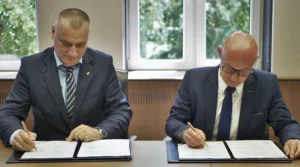The synchronization of Ukraine with the European Union stabilizes its electricity system impacted by the Russian invasion. The situation is constantly changing, because of reasons that include jumps in supply from renewable sources and problems with infrastructure attacked by Russians, but cross-border exchange gives benefits on both sides of the EU border.
For example, on December 27, 2023, the Ukrainian transmission network operator Ukrenergo reported that there was no shortage of energy in Ukraine and even a surplus appeared due to sunny weather maximizing the supply from photovoltaic panels. The supply was so high that the operator had to limit power input under a mechanism also known from Poland, where Poland’s grid operator PSE has to limit renewables due to insufficient development of the distribution network and other ways to handle such surges.
The surplus from December 27 prompted Ukrenergo to ask Poland’s PSE for emergency consumption of 600 MW in one of the hours of that day. This means Poland was able to use the additional capacity available in Ukraine and increased the supply at home. However, already on December 28, Ukraine had to ask for energy imports from Moldova, Poland, Slovakia and Romania in the amount of 14,678 MWh and a maximum hourly capacity of 1,155 MW, and the next day with a total volume of 18,155 MWh and a maximum hourly capacity of 1,174 MW.
The maximum capacity of supplies from the European Union to Ukraine and Moldova is 1,700 MW as of December last year. Ukraine synchronized its electricity network with the European one in an accelerated mode in March 2022 after the Russian invasion. However, already in the autumn of 2022, systematic attacks by Russians on transmission infrastructure began, causing a reduction in energy consumption and local, periodic shortages.
Ukrenergo / Wojciech Jakóbik









